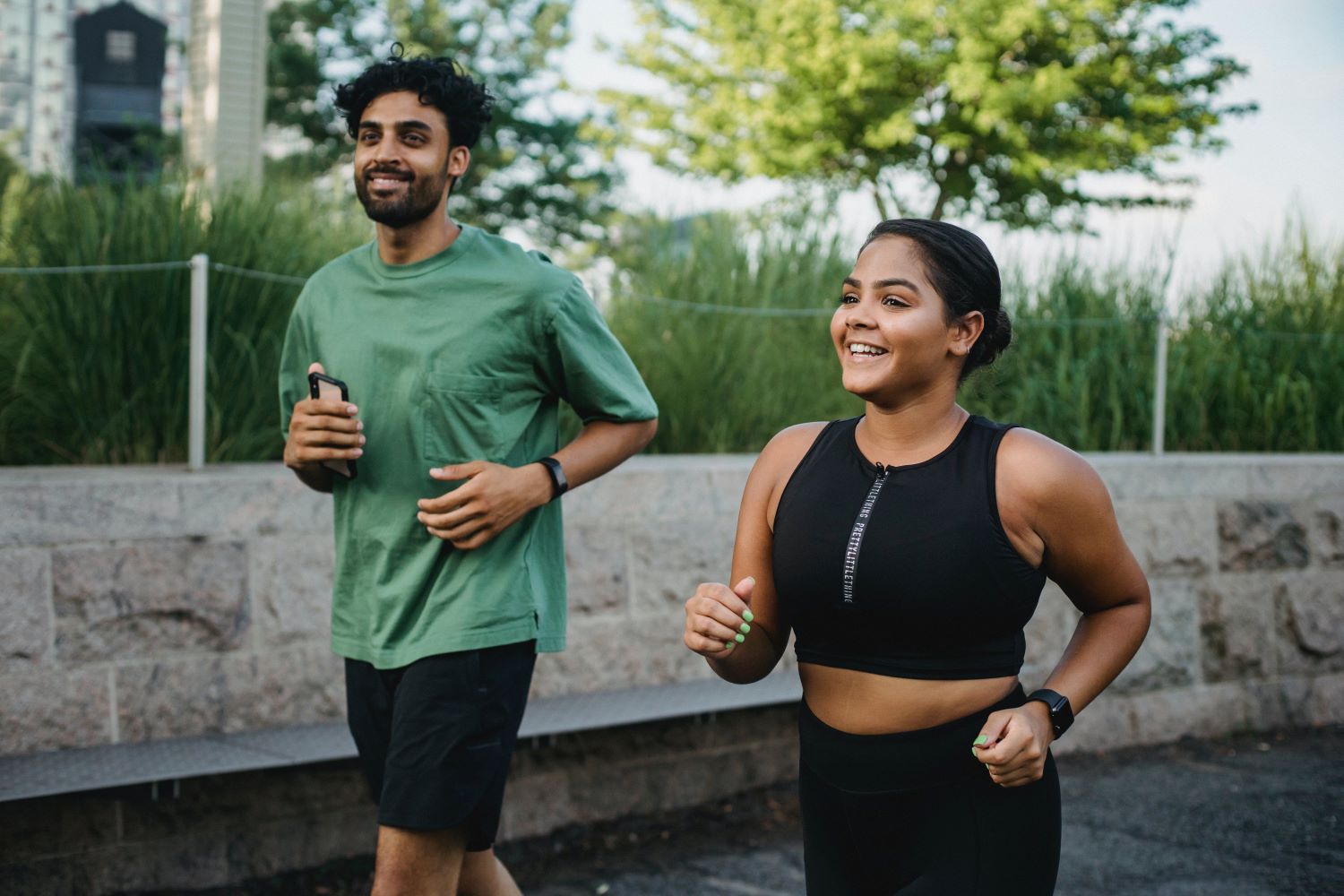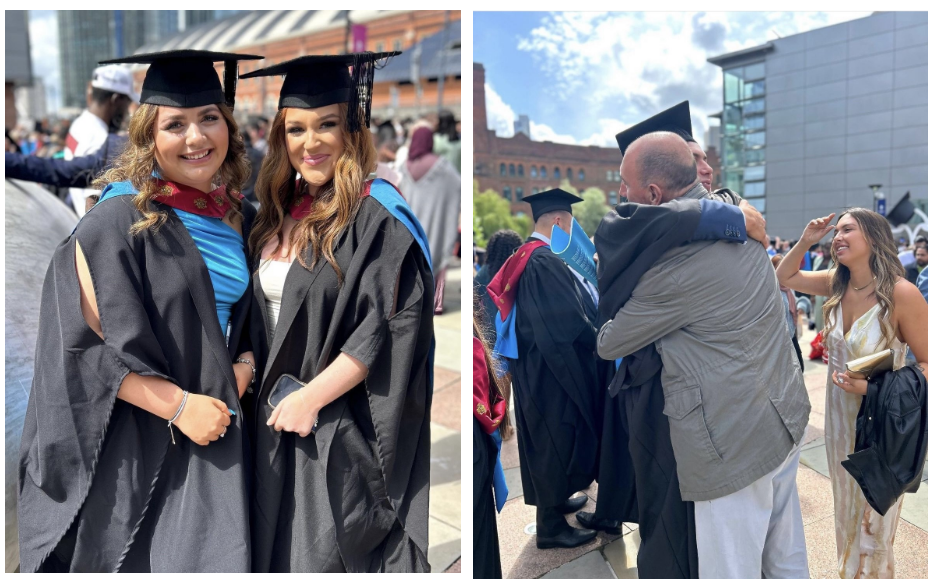Opinion | Thursday, 16th January 2020
Young people are active citizens – we need to harness their political passion
Change citizenship education to reflect key youth issues such as climate change and housing

By Dr Edda Sant and Dr Harriet Rowley, Senior Lecturers from Manchester Metropolitan University’s Faculty of Education
Assumptions that children and young people are disengaged in politics have prompted UK and European governments to push citizen and political education in schools, fearing a lack of participation among young people could damage our democracy.
If the headlines are anything to go by, young people are taking part. How we teach and inspire them to be democratically engaged citizens needs to harness this enthusiasm.
In 2017, during the UK’s General Election, a new term was coined: ‘youthquake’. Its creation was prompted by the mobilisation of 18-24 year olds turning out to vote at levels not seen in nearly 30 years.
Defined as ‘a significant cultural, political, or social change arising from the actions or influence of young people’, it marked a shift in attitude which educators and policymakers can really seize to engage young people and spark their passion for politics.
The national curriculum asks that pupils acquire a ‘sound knowledge of government, the political system and how laws are shaped and enforced’. It focuses on how students can participate in elections or volunteering and measures engagement in political education by this ‘participation’.
Active citizenship is typically classed as being part of youth councils, or advising institutions and services how they can be more youth-friendly, but young people do much more than this. They volunteer with refuges, they graffiti, they campaign for feminist and environmental causes.
However, increasing numbers of young people across the world clearly are engaging in the issues that, in the future, will affect them most, including: climate change, regional independence and housing. Youth-specific protests have erupted across the world, with participants galvanised by relatable spokespeople such as 17-year-old climate change activist, Greta Thunberg.
Before the recent UK elections, there was a new surge of young people registering to vote. Although the final results initially suggested that young people have not participated, more recent analysis suggest that young people did participate, and the difference between how they voted is stark.
Why is this happening?
In our research projects, we have spoken with young people in the UK and across Europe about politics and found that young people were ‘tired’ of the political system they live in. Many of our participants felt that politicians did not listen to them or that their vote was not meaningful and that they discussed matters they did not care about. They felt trapped in a system they did not like.
Does that mean they were disengaged? No, on the contrary. We could see they were passionate about the political issues they cared about. They are engaged, just in a different way than we recognise.
Through the European-funded Partispace project (2014-2020), we found that the problem was how participation is defined. Active citizenship is typically classed as being part of youth councils, or advising institutions and services how they can be more youth-friendly, but young people do much more than this. They volunteer with refuges, they graffiti, they campaign for feminist and environmental causes.
For us, the youthquake in the 2017 general elections, climate strikes or young people’s protests are not a surprise. Young people are showing the world that they are politically active.
New citizenship education
If policymakers and governments want to encourage young people’s participation, they need to change their focus. If citizenship education is only about the political system as it is, it is likely that young people will reject it.
Citizenship education needs to start from young people themselves and those defining it consider diverse interests and forms of participation. Citizenship education needs to be the space where young people and everybody else can have these critical conversations.
For these reasons, Manchester Metropolitan researchers and young people are collaborating on future research projects, such as a Youth Advisory Council, that aim to develop political education. We’re working in partnership to design postgraduate degree courses to help future educators better understand how young people participate and harness this engagement.
It is clear that we need to change the focus. From education for active citizenship, to education through democracy. From telling young people in what to participate, to actually listening. From telling young people how to participate, to recognising multiple ways of participating. If we really want to save – or re-invent – our democracy, we need to democratise what we mean by taking part.




